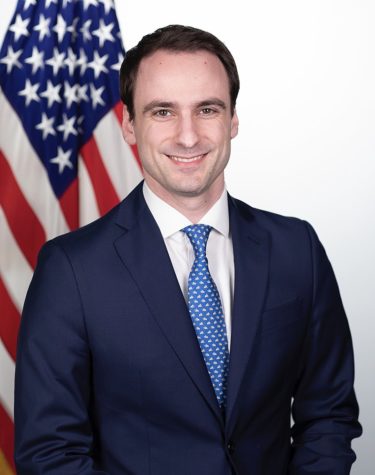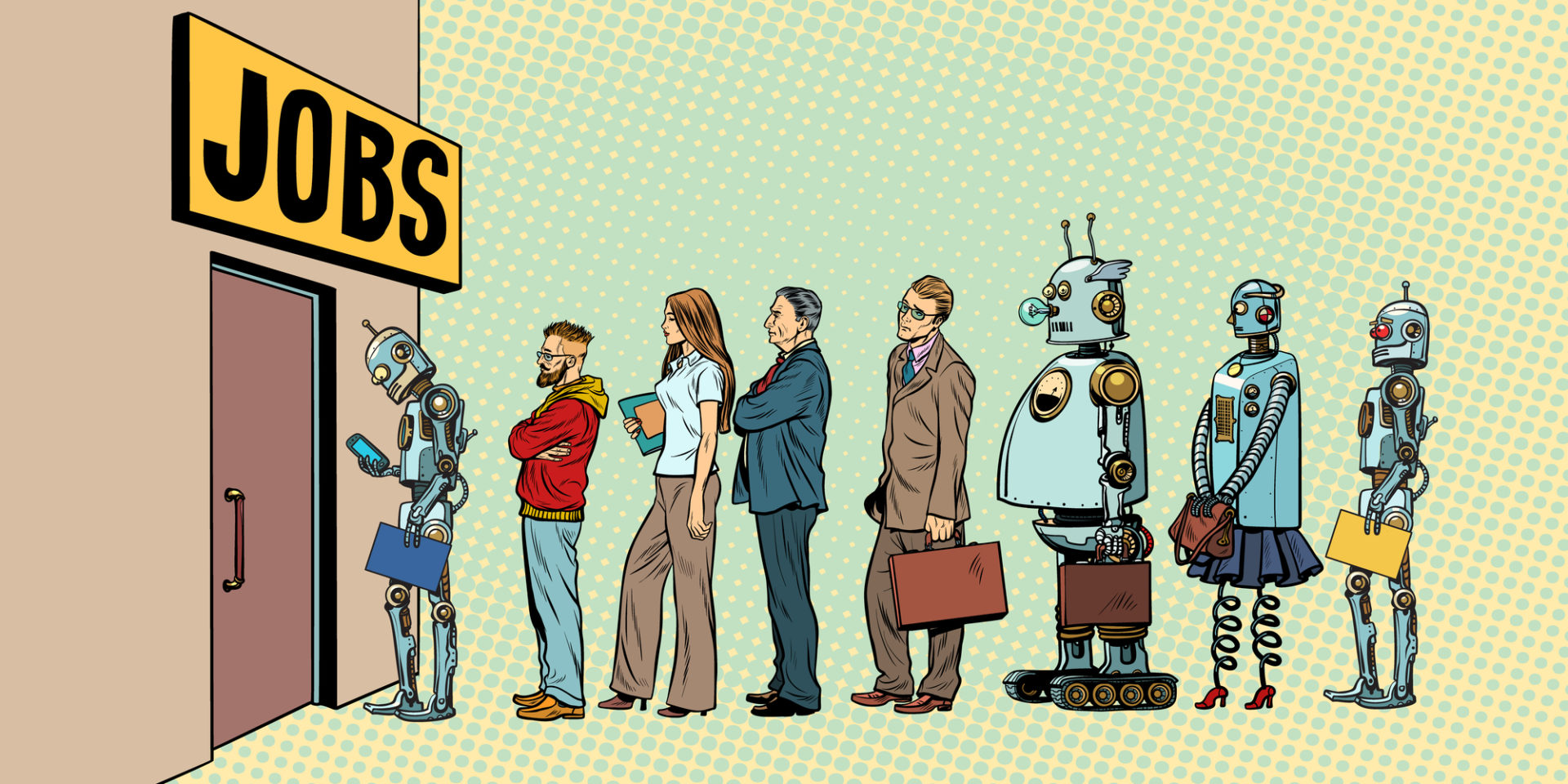America is prepping its workforce for industries of the future with a new bill, increased r&d funding, and a hearing in the Senate today where they also addressed the issue of trying to reskill elder workers.
The United States is plowing ahead with its mission to maintain a global economic edge by introducing new legislature to invest in technological breakthroughs, approving $625 million for quantum information science research, and discussing the significance of these moves with a hearing in the Senate today, aptly-named “Industries of the Future.”
While the future may look exciting to many young people in America today, for whom there will be jobs one day that weren’t conceivable today, what happens to those who were born a few years too early?
What do you do if you are told that your job will obsolete before you retire?

Michael Kratsios
“Presidential workforce initiatives seek to expand programs that educate, train, and reskill American workers from high‐school age to near‐retirement”
Today, America’s Chief Technology Officer Michael Kratsios offered his reassurance to the aging worker conundrum in his testimony before the Senate Committe on Commerce, Science, and Transportation.
“The Administration recognizes the irreplaceable value of the American worker, and has acted to address the workforce changes caused by advanced manufacturing and other Industries of the Future.
“Since the advancement of new manufacturing technologies requires new skill sets for the US workforce, Presidential workforce initiatives, such as the National Council for the American Worker and the Pledge to America’s Workers, seeks to expand programs that educate, train, and reskill American workers from high‐school age to near‐retirement.
“By ensuring skills‐based training, advancing opportunities for lifelong learning, and promoting multiple pathways to family‐sustaining careers, all Americans can benefit from the nation’s historic economic boom and record low employment rates.”
It will be interesting to see the data on how effective retraining near-retirement workers actually is, or if it just looks good on paper.
Right now some media reports say that older workers can’t find high paying jobs while others cite success stories like how a company’s aging workforce retrained itself for the cloud.
“All Americans can benefit from the nation’s historic economic boom and record low employment rates”
Moving forward, the United States is looking to be globally competitive in breakthrough technologies for industries of the future such as:
- Artificial intelligence
- Advanced manufacturing
- Quantum information science
- Biotechnology
- Developing the next generation of wireless networks and infrastructure

Jessica Rosenworcel
“We need to encourage more investment in our workers”
Speaking of the next generation of wireless networks and infrastructure, commissioners from the FCC were all about 5G rollouts as a means for job creation in Wednesday’s hearing, but also recognized the need to invest in training for the workforce of tomorrow.
“At a broader level we need to think about how we can introduce more pathways to upward mobility across industries and across the country,” Federal Communications Commission Commissioner Jessica Rosenworcel testified today.
“The skills necessary to secure and keep a job are changing fast, but data suggests a steady decline in the amount employers are
investing in their workforce.
“To remedy this, we need to encourage more investment in our workers. It’s time to explore a human capital tax credit to offset a portion of new training activities to support the future of work.
“This could help upgrade our workforce, ensure access to in-demand skills, and create more job security for American workers nationwide.”
The Industries of the Future bill was introduced on Tuesday, just one day before the Senate Committee on Commerce, Science, and Transportation held a hearing of the same name.
“In order for the United States to maintain its global economic edge, Federal investment must be made in research and development efforts focused on industries of the future, such as artificial intelligence, quantum information science, biotechnology, and next generation wireless networks and infrastructure, advanced manufacturing, and synthetic biology,” reads a section of the bill.
If approved, the bill calls for a report with “a plan to double such baseline investments in artificial intelligence and quantum information science by fiscal year 2022,” as well as a “a detailed plan to increase investments in industries of the future to $10,000,000,000 per year by fiscal year 2025.”












